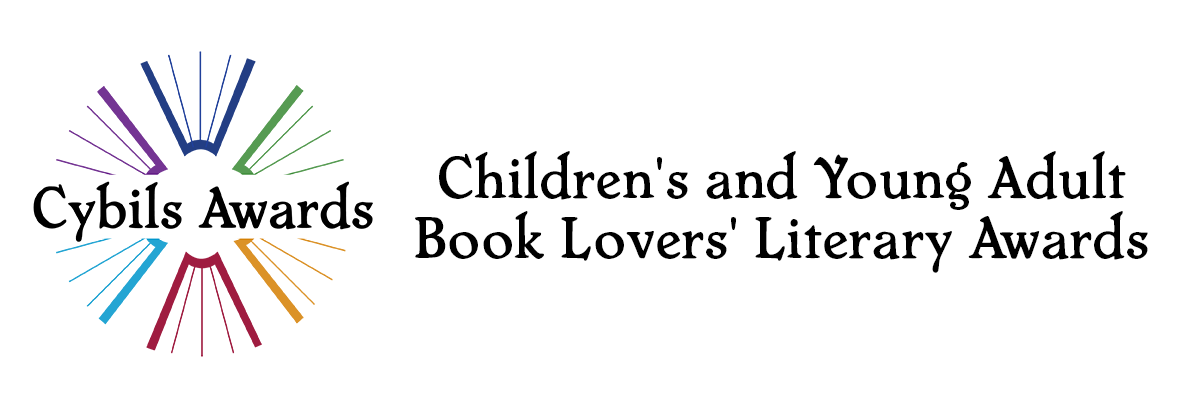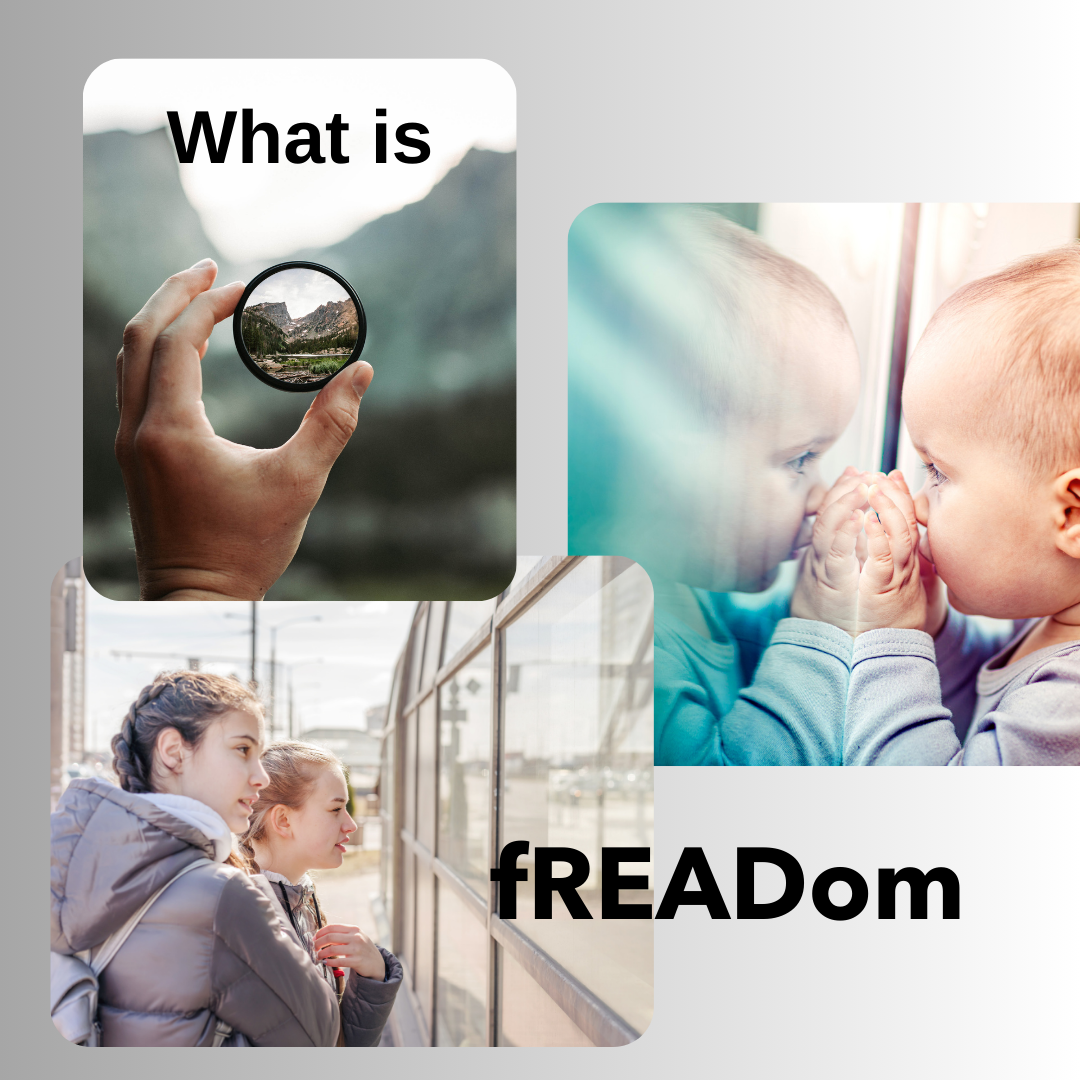fREADom
is the belief that readers should have the opportunity to choose the books they read. It recognizes that a parent has the right to set boundaries for their own children, but not the youth population at large. The CYBILS Awards believes in the power of books, and we affirm the words of Dr. Rudine Sims Bishop, whose research showed how
books can be mirrors, windows, and sliding glass doors through which a child can see themselves, glimpse the lives of others and through which they can enter a new world.
Tomorrow is the American Library Association’s Freedom to Read Community Day of Action, and we, too, want to be a voice that “celebrates America’s libraries, safeguards the freedom to read and encourages civic participation.” Because we believe it is the responsibility of everyone to speak up in the campaign for civil and human rights against those who seek to take them away, we encourage you to read widely – to speak thoughtfully – and to VOTE.
Over the next week, CYBILS Awards Board members will be sharing personal stories about what fREADom means to them. The posts are thematically tied to the letters comprising fREADom and embrace Dr. Sims Bishop’s research.
R – Recognition “I hope I would have picked up on the absence of Native People [in Thirteenth Child by Patricia Wrede], but I might not have. It was my wake-up call. ~ Charlotte Taylor
I went into my then eight-year old’s bedroom and stared at his bookshelves. There were two books with African characters.There was one book set in China, by a white author. This was not a bookshelf with diverse books. Change needed to happen both at home and in the world, so I went book shopping to buy all the fantasy books for third/fourth graders with central characters who aren’t white. It was awful. I came home with two books. Not the result I was hoping for.
E – Empathy “I know these people.” ~ Tanita S. Davis
When my book HAPPY FAMILIES was among the hundreds banned in 2023 by the Katy ISD, a public school district based in Katy, Texas, I wasn’t shocked. As I’d seen the waves of book challenges tightening the Bible Belt, I’d observed to my husband, “I know these people.” And I felt like I did: the families whose children attended church school, who earnestly attended churches and belonged to conservative congregations. Thus, with my history I felt that I dimly understood the concerns and fears behind my book being included on a ban list
A – Affirmation “There are a lot of human experiences not in my immediate environment, but that doesn’t mean I don’t care about them.” ~ Gary Anderson
I also consciously seek out diverse perspectives because I want to better understand the people I share Earth with. Books help me improve my awareness of and my ability to empathize with people who come from backgrounds different from my own, and to discover common ground with them.” There is no one way to be a reader, but what we read can be powerful affirmations of our priorities, values, and individuality.
D – Discovery “Discovery helps us understand ourselves and make sense of our world.” ~ Terry Doherty
Despite all the time I’d spent wandering the library stacks as a child, it wasn’t until I started the Reading Tub (at age 40) that my world exploded. In a good way. Through books, I met characters whose lived experiences were nothing like mine, and sometimes not like each other’s all in the same story. Knowing how I reacted to these books as an adult, I can only imagine how influential these stories would have been on my younger self at a time when I, too, was forming my world views.
Let fREADom Ring!
We conclude the series with a post by Melissa Fox that embraces each of the elements of fREADom and the impact reading widely has had for her.
In reading more widely, I can see a change in me. I am open to more stories, to experiences other than my own. I find that I am more empathetic to people who are not like me, to situations other than my own.

